This post may contain affiliate links. Please read my disclosure and privacy policy.
This may or may not come as a surprise, but if you’re buying raw almonds grown in the United States, they’re not actually raw.
Even if they’re labeled “raw.”
It has been brought to my attention that some people still aren’t aware of this fact, so I thought it might be a good idea to revisit the topic today.
Effective September 2007, the USDA ordered all almond growers to “sterilize” almonds in one of several ways: heat them using steam, irradiate them using a controversial ionization process, roast or blanch them, or treat them with propylene oxide (PPO).
PPO is a known carcinogen, and most countries, including the EU, have banned imported nuts treated with PPO. The chemical is so nasty that it’s even been banned by both the National Hot Rod and American Motorcycle Racing Associations, where it had been used as a fuel additive before it was deemed too dangerous.
The new rule created deceptive labeling. Almonds that have undergone chemical treatments or heating for pasteurization are still labeled “raw.” Consumers who purchase “raw” almonds may well think that those almonds are natural and unprocessed. Moreover, there will be no label requirement to specify what kind of pasteurization treatment was used among the many approved methods or combination of options. [source]
Frustrating, isn’t it?
—
Had I not been a raw food enthusiast at the time, this news would have probably slid right under my radar. As I recall, there wasn’t much media coverage, and I only found out about it through a raw food forum, full of outraged consumers worried about the impending ban.
In a panic, I drove to the nearest Trader Joe’s and bought as many jars of truly raw almond butter as I could possibly store in my pantry.
I was stocked up for at least 6 months.
When my supply had finally run out, I was surprised to find that even after the ban had passed, raw almonds and raw almond butter were still plentifully available on store shelves.
Only, it didn’t taste the same as the raw almond butter I stocked up on before the ban was passed.
That’s when I learned that even pasteurized almonds could be labeled as “raw.” In fact, they can be steamed, irradiated, or treated with chemicals, and still be labeled as raw!
—
Luckily, there are still a couple loopholes for purchasing truly raw almonds:
1) You can buy directly from farmers–> either at farmer’s markets or online. My favorite online suppliers include:
- Bremner Farms sells unpasteurized raw organic almonds directly from their farm, starting with 5 lb boxes going up to 30 lb boxes.
- Amazon also sells truly raw almonds, like this 2 lb bag from Sunfood.
- Blue Mountain Organics sells truly raw Italian almonds, starting with bags as small as 8 oz. and up to 25 lbs.
- One Lucky Duck also sells unpasteurized raw organic almonds.
2) You can also buy almonds that were grown outside of the USA.
I’ve noticed that my local Whole Foods has started carrying truly raw Italian almonds near the bulk section. Check your local grocery store, or talk to the store manager to request that they start carrying them!
Note: If you do choose to buy raw almonds grown in the USA, I’d recommend sticking to organic varieties, to avoid the chemical pasteurization process. These pasteurized “raw” almonds tend to be cheaper than the truly raw varieties, and if you plan using them in grain-free baked goods, they don’t need to be raw anyway! However, avoiding chemicals is always a good thing, if you ask me.
—
Reader Feedback: Were you aware of the raw almond pasteurization in the United States? If so, do you make an effort to buy truly raw almonds?
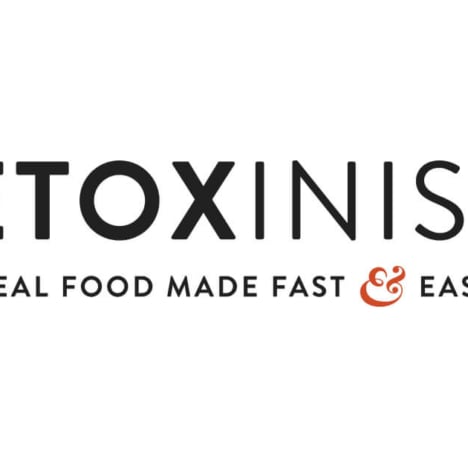
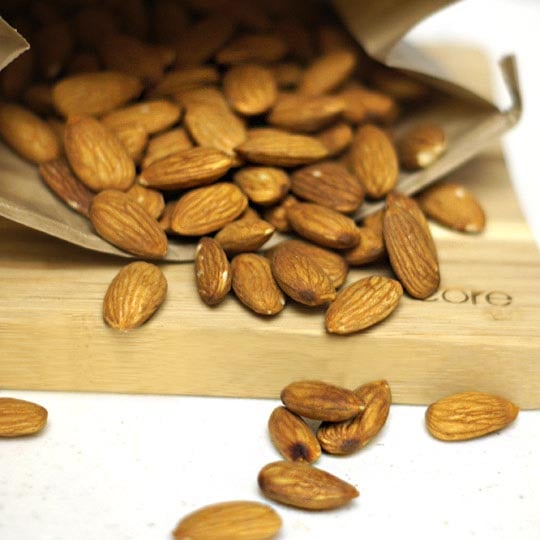
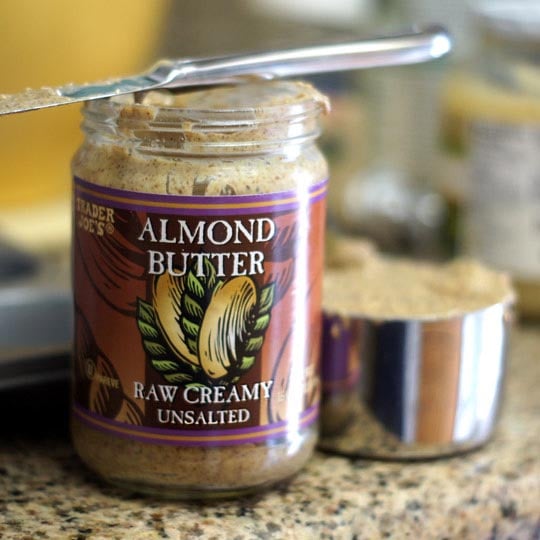

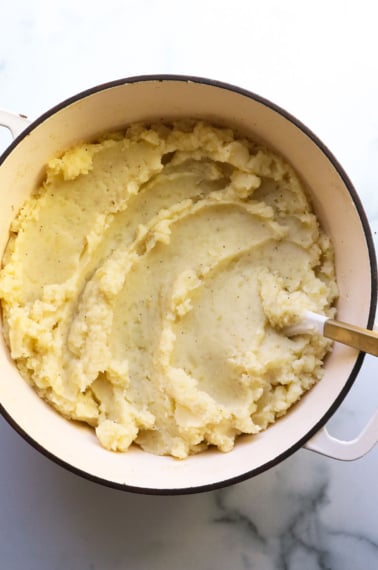
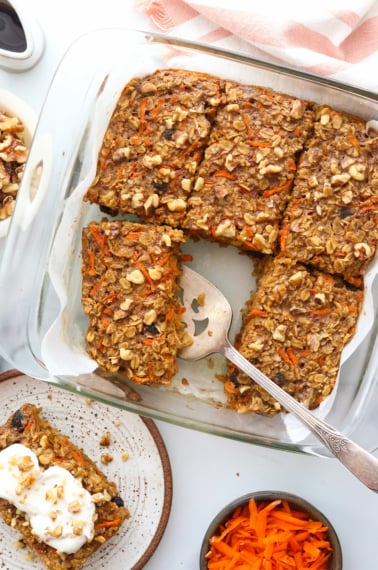
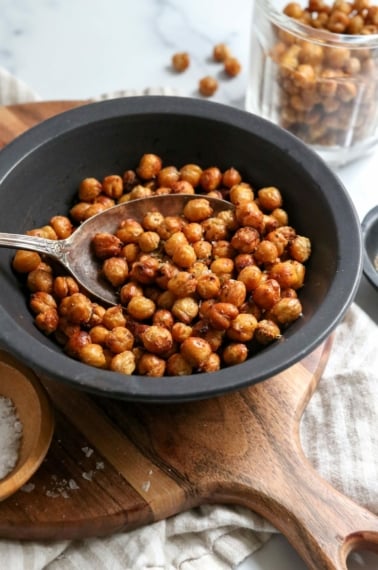
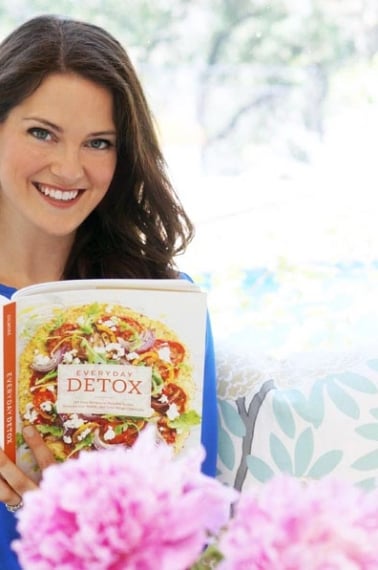






The reason you can’t purchase raw almonds is because true, raw almonds actually have significant levels of cyanide. They have to be heat treated. Now, as for sprouted almonds, I would imagine that they would probably be okay. Anyone have an answer about that?
From wikipedia: “While wild almond species are toxic, domesticated almonds are not; Jared Diamond argues that a common genetic mutation causes an absence of glycoside amygdalin, and this mutant was grown by early farmers, “at first unintentionally in the garbage heaps, and later intentionally in their orchards”.
So we normally buy a 3 lb bag of almonds from BJ’s. not roasted, no salt, but obviously doesn’t say “raw” on the package.
Can I still use them to make almond milk? Wat would be the difference from the truly raw ones?
Question! I just started buying imported raw almonds and noticed that they have somewhat of a ‘dirty’ exterior… For example, when I soak them to make almond milk the water they soak in gets MUCH dirtier than regular store bought almonds. Do you know what this is or if it’s safe to eat? Or are you supposed to thoroughly clean almonds that are truly raw before eating them?
Raw almonds naturally have a brownish powdery substance on them, that is the way they are when you crack open the almond shell and get to them, it is not toxic or anything, it is one good way to tell if the almond was processed or not, all almonds I bought at Costco etc retail outlets do not have this type of feel to the almonds, it is because they are not raw. also the chocolate dipped varieties at these stores are when the chocolate coating is applied to the almonds externally, it is not naturally occuring
Here is a place in Fresno California that sells truly raw almonds. Not sure if they ship or not, but here is the link.
http://www.organicpastures.com/raw-almond-expose.html
Just called organic pastures and they informed me that they no longer sell almonds. They stopped when they finished selling their 2013 crop. So this is no longer a source guys. Sorry for us all. Crazy.
Here’s a place that sells truely raw organic unpareurized raw almonds- straight from the farmer in California. Easy to work with and contact. http://www.chorganicalmonds.com
I don’t understand how you know even the ones in Trader Joe’s are truly raw. Also, I thought the law stated that only people that come to a farm or market that sells them-are you sure you can get them mail-order?
The almonds at Trader Joe’s are definitely NOT raw. I personally contacted the farm linked above, and they assured me that they could send me truly raw, organic almonds by mail.
Great article. Thanks for sharing. It is getting to a point where the EASIEST THING is to leave all family, friends, and life and move to Europe. With all these poisons in food and cheating/lying etc. going on with Big Ag (and even small Ag) it is very difficult to get good-quality food.
I noticed TJ organic almond butter tasted bad… but then again I don’t know if I’ve ever had true “raw” almonds.
Anyway, I’m trying to grow my own food this summer. Don’t have a yard buy my parents have a HUGE backyard.
Darn…I’ve been eating raw almonds forever (I thought). Now what to do????
Thanks for posting this. I have known about this for a while and it is very frustrating to see “raw” almonds still being sold at TJs and other places when they are truly not raw.
I planted an almond tree in my backyard last year just because I was so annoyed by it all! I have a very small yard in NoCal so I plan to keep the tree small, but it’s really nice to pick almonds in my own yard.
Additionally, I found a farm in the Central Valley that sells raw almonds that are pasteurized (and USDA certified) using a very delicate technique that they detail on their website. The technique is non-toxic and maintains the “live” quality of the nuts (you can sprout their nuts) but also passes USDA muster when it comes to their regulations. I can’t remember the name of the company now. I just bought 50 lbs from them last month 🙂 I will look it up and try to post the name here.
what is the company name?
Megan, I nominated you for the Very Inspiring Blogger Award on my blog, because you’re totally awesome and one of my favs! If you wish to pick up the award, check out my latest post. 🙂 Happy Labor Day Weekend!
I love this little blog. I am sad I will be having to step away from juicing for the next months to come (not by my own choice). This was an interesting article and thanks for sharing. =) Good point on the almond milk, eww I’ll just drink regular grass fed. 😉